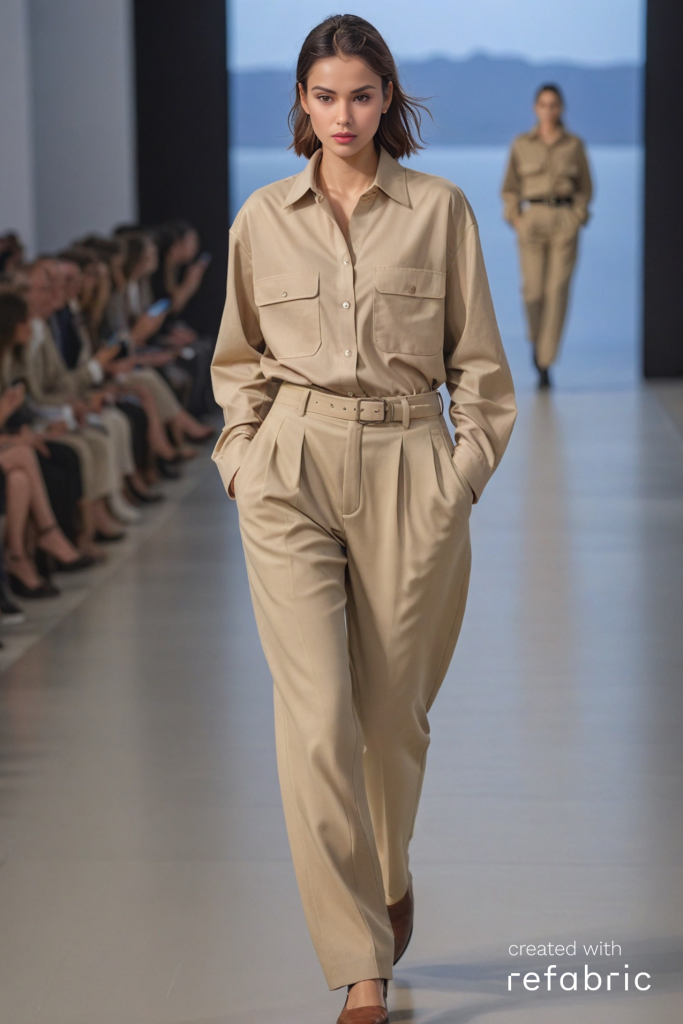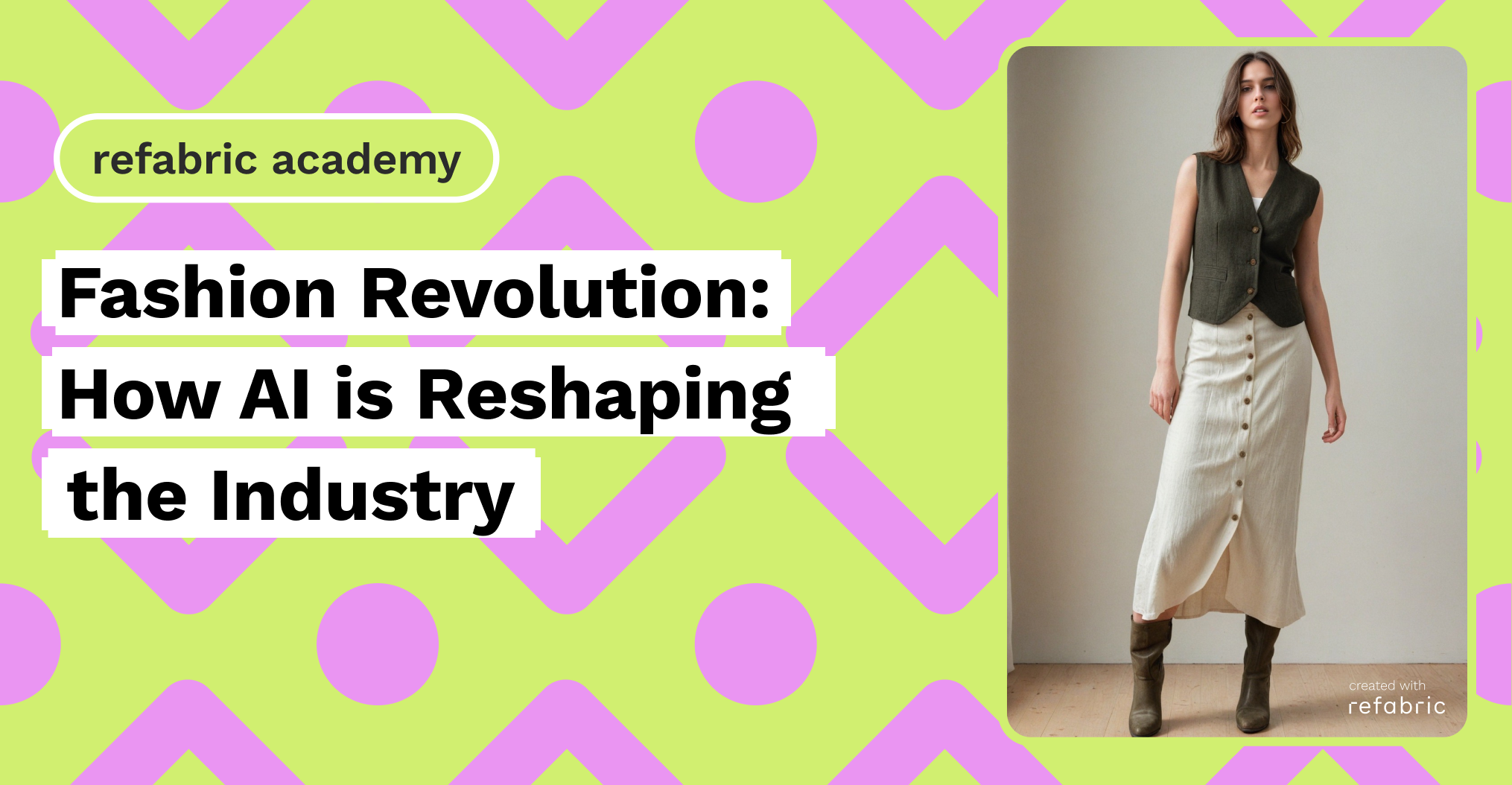The fashion industry, known for its dynamism and creativity, is undergoing a technological revolution propelled by artificial intelligence (AI). In recent years, funding for startups leveraging AI, particularly generative AI, has skyrocketed, indicating a growing interest in innovative solutions tailored to specific industry challenges.
According to CB Insights, over 400 AI companies raised funding exceeding $21 billion globally in 2023, marking a substantial increase from the $4.3 billion raised in 2022 across 257 deals. This surge in investment reflects a broader trend of investors recognizing the potential of AI to address unique sectoral problems.
The marriage of AI and fashion holds promise for streamlining various processes, from design and merchandising to personalization and customer experience. Startups specializing in generative AI solutions are emerging as key players in this transformative journey.
Investor Confidence Fuels Technological Advancements
Venture capital firms are actively seeking out technological tools tailored to specific industries, with fashion standing out as a particularly attractive target. Industry experts emphasize the importance of identifying solutions that enhance design capabilities and operational efficiency across the fashion lifecycle. Recent investments in fashion technology companies underscore the industry’s potential for innovation driven by AI.

From Concept to Consumer: The Versatile Impact of AI
The influence of AI extends across various aspects of the fashion ecosystem, from trend analysis and design conceptualization to personalized shopping experiences. Startups are leveraging generative computing to translate market trends into tangible clothing prototypes, empowering designers to efficiently create trend-responsive collections.
Meanwhile, companies are revolutionizing product photography by generating lifelike images of clothing items on models that align with brand aesthetics, thereby reducing the need for resource-intensive traditional photoshoots. This democratization of image production enables brands to diversify their visual content and cater to diverse consumer preferences.
Empowering Innovation and Environmental Responsibility
Companies are introducing innovative concepts like “neo-couture,” offering bespoke fashion pieces linked to non-fungible tokens (NFTs) via NFC chips. By integrating generative design with Web3 technology, these initiatives bridge the gap between artistic expression and commercial viability, ushering in a new era of personalized, sustainable fashion.
Revolutionizing the Shopping Experience
Technological advancements are revolutionizing online shopping experiences through conversational AI interfaces, allowing users to effortlessly discover products based on text or image inputs. This innovative approach resonates with the evolving preferences of consumers, who prioritize authenticity in their shopping journeys.
The Future of Fashion: Virtual Experiences and Beyond
Companies are reshaping the landscape of e-commerce by enabling customers to visualize themselves in clothing from various brands, aided by AI-driven size recommendations. With its realistic and user-friendly interface, this technology is poised to redefine the online shopping experience, boosting consumer confidence and reducing returns.
As these pioneering initiatives continue to push the boundaries of innovation and collaborate with established industry players, the fashion sector stands on the cusp of a new era characterized by creativity, efficiency, and sustainability. With AI serving as a driving force, the future of fashion holds limitless possibilities, promising a revolution that transcends fleeting trends and fosters enduring change.
